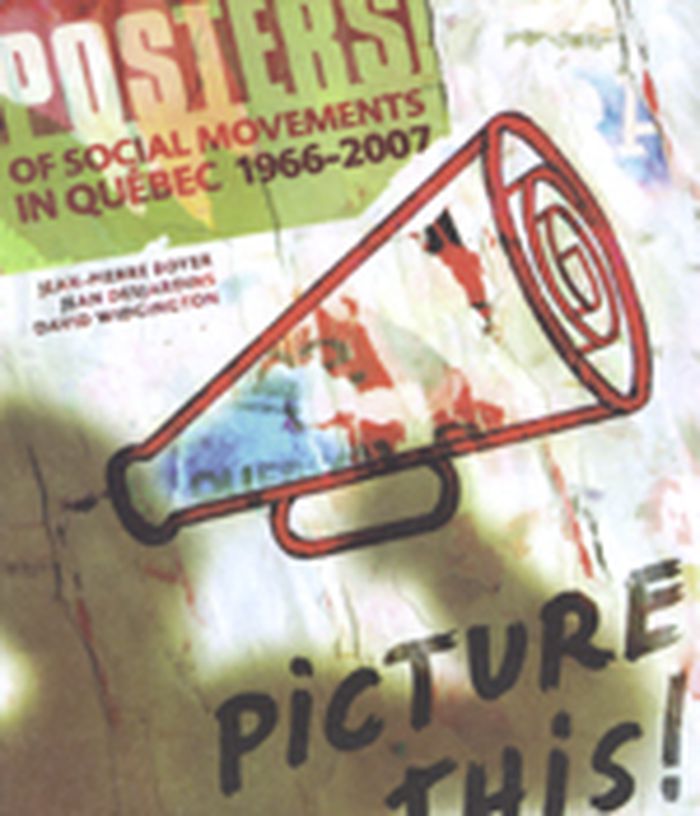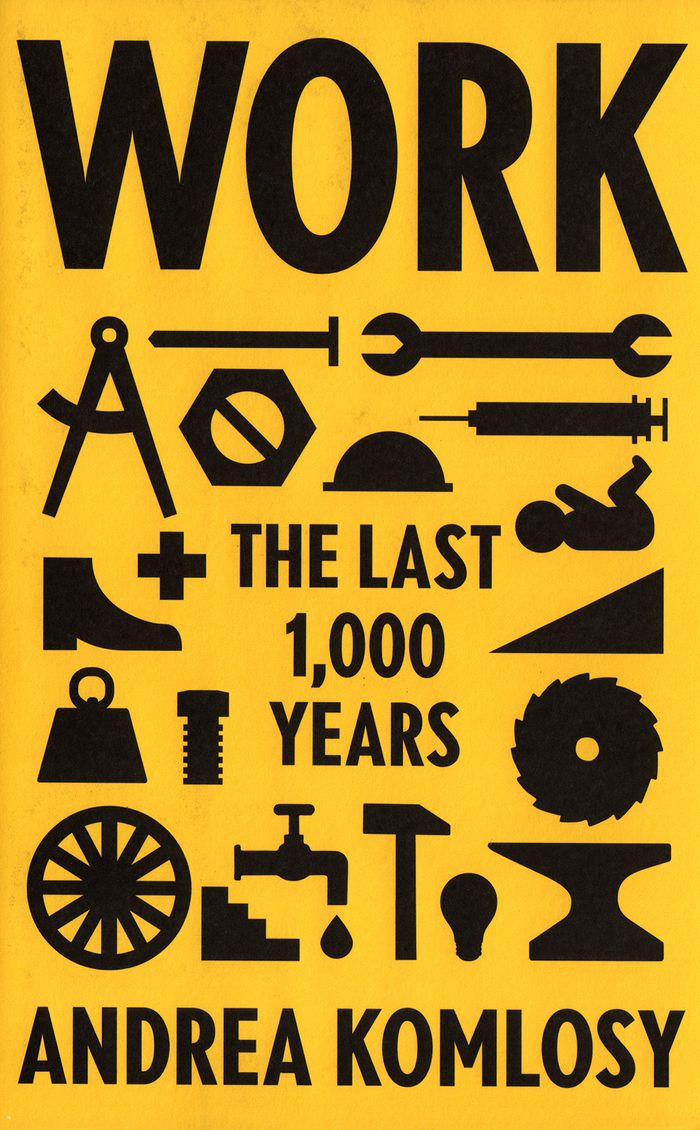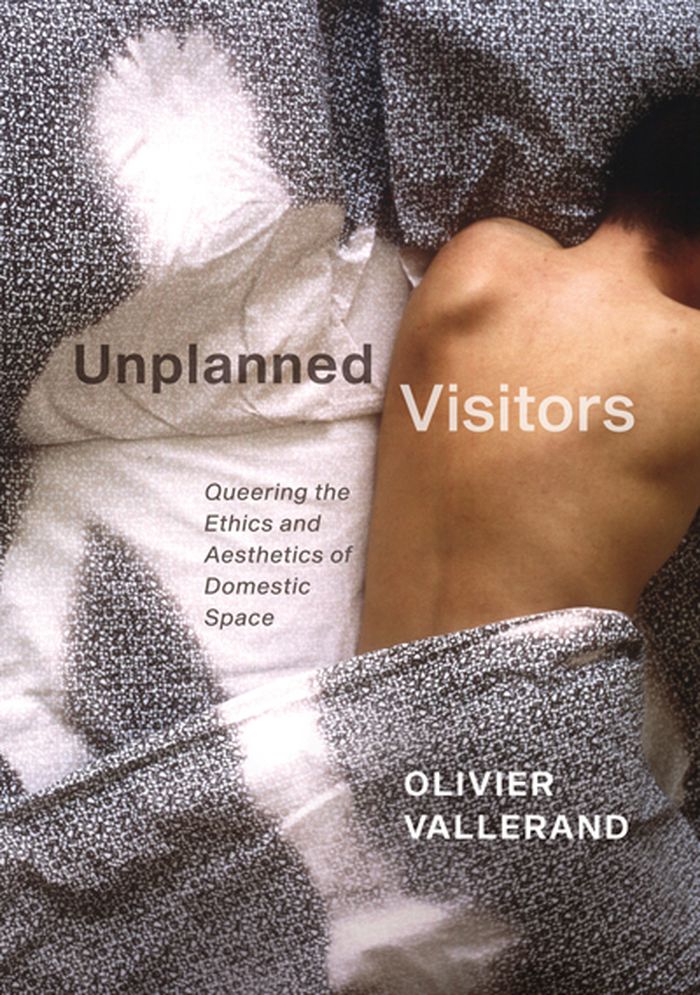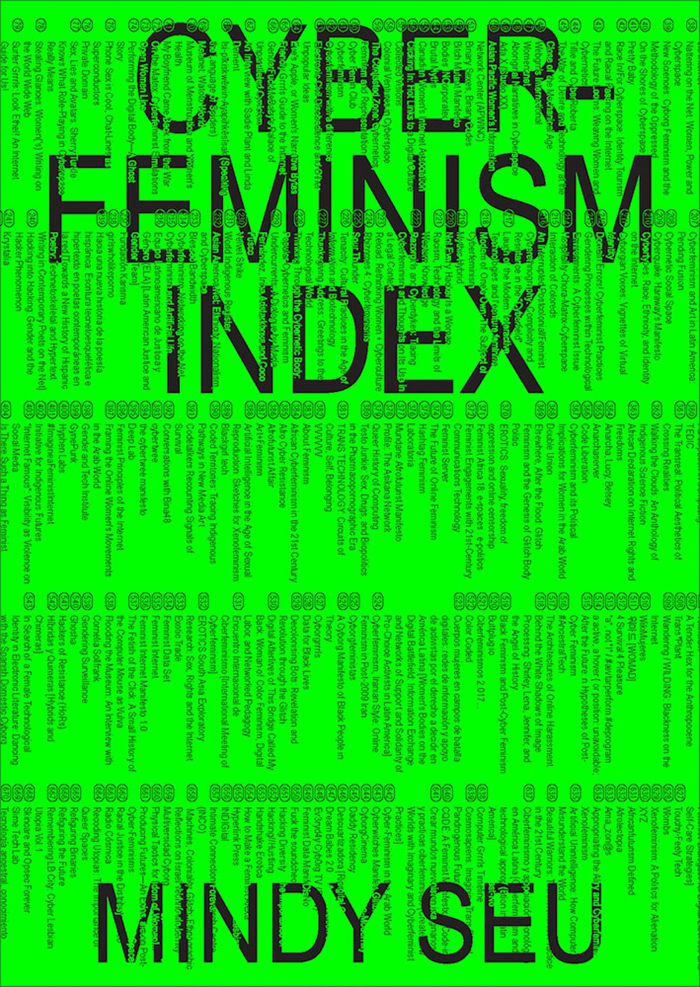$50.00
(disponible sur commande)
Résumé:
During the 18th century a remarkable group of women formed the Bluestocking Salon, where women and men met to debate contemporary ideas and promote the life of the mind. Together, these cultural innovators helped forge new roles for women as influential thinkers, writers, and artists, and their creative achievements were publicly celebrated. Richly illustrated(...)
Histoire jusqu’à 1900
juin 2008, New Haven, London
Brilliant women : 18th-century bluestockings
Actions:
Prix:
$50.00
(disponible sur commande)
Résumé:
During the 18th century a remarkable group of women formed the Bluestocking Salon, where women and men met to debate contemporary ideas and promote the life of the mind. Together, these cultural innovators helped forge new roles for women as influential thinkers, writers, and artists, and their creative achievements were publicly celebrated. Richly illustrated with portraits, prints, and personal artifacts, "Brilliant women" tells the story of this fascinating group of women. The authors chart the changing fortunes of the female intellectual and explore how a number of bluestocking women, such as artist Angelica Kauffmann, historian Catharine Macaulay, and early feminist Mary Wollstonecraft, used portraiture to advance their work and their reputations in a period framed by the Enlightenment and the French Revolution. "Brilliant women" pays tribute to the friendships and achievements of these bluestocking women, presenting new information on the range of cultural activities in which they were engaged, as well as celebrating their legacy.
Histoire jusqu’à 1900
$51.95
(disponible en magasin)
Résumé:
Just like the rebels in Star Wars fighting for freedom against oppressive forces, urban planner, architect and political scientist Caroline Newton was drawn to the struggles over space and rights around the world. Over the years, her work has been driven by a desire to understand – and intervene in – the spatial conditions that shape human lives and social relations.(...)
Envisioning spatial justice: Explorations, Reflections, Design
Actions:
Prix:
$51.95
(disponible en magasin)
Résumé:
Just like the rebels in Star Wars fighting for freedom against oppressive forces, urban planner, architect and political scientist Caroline Newton was drawn to the struggles over space and rights around the world. Over the years, her work has been driven by a desire to understand – and intervene in – the spatial conditions that shape human lives and social relations. Envisioning Spatial Justice is both a reflection and a proposition. It synthesises insights accumulated through research and teaching and from years of collaborating with students whose graduation projects placed justice at the core of their spatial investigations. Structured around theory, reflection, and design, the book explores what it means to design with justice in mind. Challenging neoliberal paradigms and drawing on feminist, post-colonial, and radical urban theory, it insists on the political power of imagination. Part provocation, part toolkit, part manifesto, "Envisioning spatial justice" speaks to urbanists, designers, educators, and activists committed to co-creating more just and inclusive futures.
$32.00
(disponible sur commande)
Résumé:
These 659 posters, assembled for the first time in one album, offer a veritable journey through Québec’s social history and political imagination of the past four decades. This book is the result of a collaboration between the founders of the Centre de recherche en imagerie populaire (CRIP) and the publisher of Cumulus Press. This collection of union, political,(...)
Architecture du Québec
décembre 2007, Montréal
Picture this! Posters of social movements in Québec 1966-2007
Actions:
Prix:
$32.00
(disponible sur commande)
Résumé:
These 659 posters, assembled for the first time in one album, offer a veritable journey through Québec’s social history and political imagination of the past four decades. This book is the result of a collaboration between the founders of the Centre de recherche en imagerie populaire (CRIP) and the publisher of Cumulus Press. This collection of union, political, community, feminist, sociocultural and anti-globalization posters brings to our collective memory the popular struggles that have marked the history of social movements in Québec. It gives a voice to those who, through the strength of their commitment and creativity, have contributed to a more humane, just and democratic world. These images taken from the streets are much more than a mirror of our combined aspirations: they are an invitation to move ever forward. The posters portray demanding, accusatory, irreverent and hopeful actions and offer as many original—sometimes radical—proposals on how to improve the lives of our society’s downtrodden, mistreated, exploited and marginalized groups and individuals.
Architecture du Québec
Work: the last 1000 years
$35.99
(disponible sur commande)
Résumé:
Say the word "work," and most people think of some form of gainful employment. Yet this limited definition has never corresponded to the historical experience of most people—whether in colonies, developing countries, or the industrialized world. That gap between common assumptions and reality grows even more pronounced in the case of women and other groups excluded from(...)
Work: the last 1000 years
Actions:
Prix:
$35.99
(disponible sur commande)
Résumé:
Say the word "work," and most people think of some form of gainful employment. Yet this limited definition has never corresponded to the historical experience of most people—whether in colonies, developing countries, or the industrialized world. That gap between common assumptions and reality grows even more pronounced in the case of women and other groups excluded from the labour market. In this important intervention, Andrea Komlosy demonstrates that popular understandings of work have varied radically in different ages and countries. Looking at labour history around the globe from the 13th to the 21st centuries, Komlosy sheds light on both discursive concepts as well as the concrete coexistence of multiple forms of labour—paid and unpaid, free and unfree. Komlosy’s narrative adopts a distinctly global and feminist approach, revealing the hidden forms of unpaid and hyper-exploited labour which often go ignored, yet are key to the functioning of the capitalist world-system.
Théorie/ philosophie
$39.95
(disponible en magasin)
Résumé:
Olivier Vallerand investigates how queer critiques, building on pioneering feminist work, question the relation between identity and architecture and highlight normative constructs underlying domestic spaces. He draws out a genealogy of queer space in theoretical discourse in architecture, studying projects by Mark Robbins, Joel Sanders, J Mayer H, Elmgreen & Dragset,(...)
Unplanned visitors: queering the ethics and aesthetics of domestic space
Actions:
Prix:
$39.95
(disponible en magasin)
Résumé:
Olivier Vallerand investigates how queer critiques, building on pioneering feminist work, question the relation between identity and architecture and highlight normative constructs underlying domestic spaces. He draws out a genealogy of queer space in theoretical discourse in architecture, studying projects by Mark Robbins, Joel Sanders, J Mayer H, Elmgreen & Dragset, Andrés Jaque, and MYCKET, among others. These works blur the traditional borders between architecture and art to emphasize the tensions between private and public and their impact on assumptions about domestic space and family structure. Sexuality and gender have long been influential in understanding the construction of domestic space, its meanings, often revealing a binary division of private and public, female and male. By reconstructing the foundation of queer critiques of space and by analyzing the representation of domesticity in contemporary art and architecture, Unplanned Visitors shows the blurring of private and public that can occur in any domestic space and explores the potential of queer theory for understanding, and designing, the built environment.
Théorie de l’architecture
$25.00
(disponible sur commande)
Résumé:
Delving behind Canada’s veneer of multiculturalism and tolerance, ''Policing Black lives'' traces the violent realities of anti-blackness from the slave ships to prisons, classrooms and beyond. Robyn Maynard provides readers with the first comprehensive account of nearly four hundred years of state-sanctioned surveillance, criminalization and punishment of Black lives in(...)
Policing Black lives: state violence in Canada from slavery to the present
Actions:
Prix:
$25.00
(disponible sur commande)
Résumé:
Delving behind Canada’s veneer of multiculturalism and tolerance, ''Policing Black lives'' traces the violent realities of anti-blackness from the slave ships to prisons, classrooms and beyond. Robyn Maynard provides readers with the first comprehensive account of nearly four hundred years of state-sanctioned surveillance, criminalization and punishment of Black lives in Canada. While highlighting the ubiquity of Black resistance, ''Policing Black lives'' traces the still-living legacy of slavery across multiple institutions, shedding light on the state’s role in perpetuating contemporary Black poverty and unemployment, racial profiling, law enforcement violence, incarceration, immigration detention, deportation, exploitative migrant labour practices, disproportionate child removal and low graduation rates. Emerging from a critical race feminist framework that insists that all Black lives matter, Maynard’s intersectional approach to anti-Black racism addresses the unique and understudied impacts of state violence as it is experienced by Black women, Black people with disabilities, as well as queer, trans, and undocumented Black communities.
Social
$28.95
(disponible sur commande)
Résumé:
At what point did the British develop their mania for interiors, wallpaper, furniture, and decoration? Why have the middle classes developed so passionate an attachment to the contents of their homes? This book offers surprising answers to these questions, uncovering the roots of today's consumer society and investigating the forces that shape consumer desires. Exploring(...)
Household gods; the British and their possessions
Actions:
Prix:
$28.95
(disponible sur commande)
Résumé:
At what point did the British develop their mania for interiors, wallpaper, furniture, and decoration? Why have the middle classes developed so passionate an attachment to the contents of their homes? This book offers surprising answers to these questions, uncovering the roots of today's consumer society and investigating the forces that shape consumer desires. Exploring a wealth of unusual records and archives, Deborah Cohen locates the source of modern consumerism and materialism in early nineteenth-century religious fervor. Over the course of the Victorian era, consumerism shed the taint of sin to become the pre-eminent means of expressing individuality. The book ranges from musty antique shops to luxurious emporia, from suburban semi-detached houses to elegant city villas, from husbands fretting about mantelpieces to women appropriating home decoration as a feminist cause. It uncovers a society of consumers whose identities have become entwined with the things they put in their houses.
Cyberfeminism index
$62.00
(disponible sur commande)
Résumé:
When learning about internet history, we are taught to focus on engineering, the military-industrial complex and the grandfathers who created the architecture and protocol, but the internet is not only a network of cables, servers and computers. It is an environment that shapes and is shaped by its inhabitants and their use.The creation and use of this Index is a social(...)
Cyberfeminism index
Actions:
Prix:
$62.00
(disponible sur commande)
Résumé:
When learning about internet history, we are taught to focus on engineering, the military-industrial complex and the grandfathers who created the architecture and protocol, but the internet is not only a network of cables, servers and computers. It is an environment that shapes and is shaped by its inhabitants and their use.The creation and use of this Index is a social and political act. It takes the name cyberfeminism as an umbrella, complicates it and pushes it into plain sight. Edited by designer, professor and researcher Mindy Seu (who began the project during a fellowship at the Harvard Law School’s Berkman Klein Center for the Internet & Society, later presenting it at the New Museum), it includes more than 1,000 short entries of radical techno-critical activism in a variety of media, including excerpts from academic articles and scholarly texts; descriptions of hackerspaces, digital rights activist groups, bio-hacktivism; and depictions of feminist net art and new media art.
$32.95
(disponible en magasin)
Résumé:
There have been many things written about Canada’s violent siege of Kanehsatà:ke and Kahnawà:ke in the summer of 1990, but "When the pine needles fall: Indigenous acts of resistance" is the first book from the perspective of Katsi’tsakwas Ellen Gabriel, who was the Kanien’kehá:ka (Mohawk) spokesperson during the siege. "When the pine needles fall," written in a(...)
When the pine needles fall: Indigenous acts of resistance
Actions:
Prix:
$32.95
(disponible en magasin)
Résumé:
There have been many things written about Canada’s violent siege of Kanehsatà:ke and Kahnawà:ke in the summer of 1990, but "When the pine needles fall: Indigenous acts of resistance" is the first book from the perspective of Katsi’tsakwas Ellen Gabriel, who was the Kanien’kehá:ka (Mohawk) spokesperson during the siege. "When the pine needles fall," written in a conversational style by Gabriel with historian Sean Carleton, offers an intimate look at Gabriel’s life leading up to the 1990 siege, her experiences as spokesperson for her community, and her work since then as an Indigenous land defender, human rights activist, and feminist leader. More than just the memoir of an extraordinary individual, "When the pine needles fall" offers insight into Indigenous language, history, and philosophy, reflections on our relationship with the land, and calls to action against both colonialism and capitalism as we face the climate crisis. Gabriel’s hopes for a decolonial future make clear why protecting Indigenous homelands is vital not only for the survival of Indigenous peoples, but for all who live on this planet.
Autochtone
$95.00
(disponible sur commande)
Résumé:
Penny Slinger is a Los Angeles–based artist whose work investigates the feminine, the magical and the erotic. While studying at Chelsea College of Art in the late 1960s, Slinger encountered Max Ernst’s Une semaine de bonté (1934), initiating an enduring involvement with both the Surrealist movement and the medium of collage. In her first publication, "50% The Visible(...)
Penny Slinger: An exorcism. A photo romance
Actions:
Prix:
$95.00
(disponible sur commande)
Résumé:
Penny Slinger is a Los Angeles–based artist whose work investigates the feminine, the magical and the erotic. While studying at Chelsea College of Art in the late 1960s, Slinger encountered Max Ernst’s Une semaine de bonté (1934), initiating an enduring involvement with both the Surrealist movement and the medium of collage. In her first publication, "50% The Visible Woman" (1971), Slinger explored the image of woman through a series of often provocative photomontage self-portraits and poetic texts. Such themes resonated keenly with the emerging feminist movement, and in 1973 Rolling Stone noted: "this book will become as important on your bookshelf as Sgt. Pepper’s is on your record rack." With "An exorcism: A photo romance", Slinger explores the feminine psyche further. Developed from a visit to Lilford Hall in 1970 with her then-partner, the filmmaker Peter Whitehead, Slinger provides us with a series of haunting images that chart a process of self-discovery and awakening that was described by Sheldon Williams as "a cascade of photo-collage imagery which has all the emergent trepidation of Hesse’s Steppenwolf."
Monographies photo









